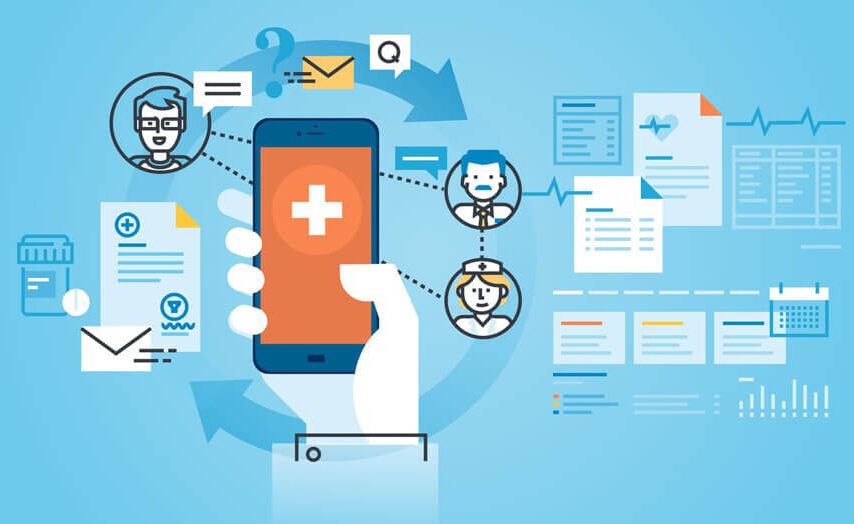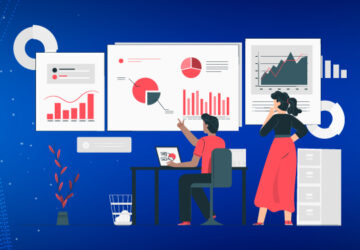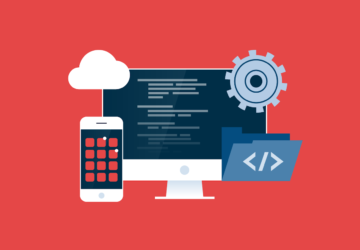Within the past decade, rapid strides have been made in the development of mobile devices. Millions of people rely on their mobile devices to simplify their life. We use smartphones for our day-to-day tasks. The medical industry is not an exception. New medical mobile solutions facilitate the work for those who prioritize the patients’ health and optimize time for professional responsibilities and development. Accordingly, medical apps for doctors became more and more popular.
Also, don’t forget to custom dissertation writing service to get writing help or samples of medical dissertations. You even will get additional experience to advance in college.
Medical Mobile Application’s Beneficiaries
Medical mobile applications are beneficial for patients, doctors, and providers. Nowadays, we can see a large number of medical applications to increase the well-being of people. Moreover, people have started depending upon their mobile apps. According to this, many medical institutes and doctors have started building their applications. These apps help both – patients can stay healthy, and medical professionals can reach out to lots of people easily.
Patients
First of all, the medical mobile app can greatly benefit patients as it allows them to schedule a doctor’s appointment or share health-related information easily. Furthermore, more and more people could get access to even the most basic levels of healthcare and monitor their health conditions or nutrition levels. However, the main medical mobile apps’ advantage is the access to basic levels of healthcare for people living in the villages, suburbs, the poorest cities in third world countries, and areas affected by war.
Doctors and medical personnel
What about doctors? Is it possible today to live without a medical application in a mobile phone for a doctor? It’s possible but impractical to deprive yourself of a chance to improve and simplify your work.
After all, a medical app for a doctor is not just a competent doctor’s assistant but an effective tool to simplify communication with the patient. In addition, such an app could help to update information on drugs and vaccines; to keep in touch with news in your field; to provide online consultations; to get easy and quick access to a variety of thematic resources; to communicate with patients virtually and that’s not the whole list. At the same time, clinics can save lots of time in their administrative duties, thanks to applications with such features as doctor/nurse marketplace, inventory management, billing, EMR/EHR, practice management applications.
Before you start
Any app development process starts with planning that helps to foresee risk factors. Here are the main check-up items to consider before building your app:
- study current medical app market and put up a list of must-have features;
- outsource app development if you don’t have an in-house team;
- satisfy to privacy and security standards;
- test your app.
The main steps to build a medical mobile app
Step1. Study current medical app market
There are thousands of medical mobile apps in Google Play and Apple’s App Store all for different purposes. Whatever the case, that’s a lot of apps to compete with, and this innovative technology-enabled type of healthcare grows. At the same time, you won’t notice much versatility if you check the top 100 rankings apps in both stores.
The coronavirus pandemic 2020 has changed our lives and has made quite a splash in the apps market. Providers are looking for new convenient ways to collect and share health-related information efficiently at distance.
Medical app users identify an app as valuable when it’s simple to use and they appreciate features that enable them to save time.
These include the abilities to:
- book and cancel appointments;
- view doctor profiles, their photos, publications, and the schedule;
- access electronic medical records;
- receive appointment and prescription reminders;
- access lab test results;
- track weight and height changes;
- monitor glucose and cholesterol levels, and other health indicators;
- download and upload different reports such as MRI scans, ultrasound scans, etc.
To develop a medical mobile application successfully it is important to be patient-oriented and offer patients the most desirable functionalities, such as:
- online communication with a doctor;
- ability to call the doctor or emergency;
- online reports on the patient’s perception and health;
- directions to hospitals and clinics, etc.
Step 2. Analyze possible shortcomings
So, medical mobile apps development must meet certain requirements for each patient. Very often these digital interventions do not live up to customer expectations because of different reasons, and many medical mobile apps are not successful. It’s important to know where medical app development has failed to make an exceptional mobile app for a patient.
The main possible shortcomings of many apps include:
- unsatisfactory functionality;
- poor usability;
- unclear structure and confusing user interfaces;
- a lack of clinical input;
- lack of expertise and industry knowledge failure to follow rigorous privacy regulations and security practices, etc.
Step 3. Take into account important tips
Firstly, make sure you have legal rights to start medical care.
Secondly, an important step in development is an instant integration of your app with smart coaches, smartwatches, Apple Watches, fitness bracelets, and others. That will help you track data more effectively.
Thirdly, think about a proper monetization model for the product.
Step 4. Don’t forget about outsourcing
In-house medical application development is a no-brainer, but it could pose challenges like high cost, lack of versatility, lack of talents, staff turnover, and others.
Hire a reliable healthcare app developer if you don’t have an in-house team. That allows leverage advantages, such as cost-efficiency, flexibility, high-quality services, a huge pool of talents, streamlined processes, and others.
Step 5. Encrypting data
Currently, organizations encrypt digital data to maintain its confidentiality. Data encryption is one of the most popular and effective data security methods.
One of the top priorities when developing a medical app is ensuring the protection of personal data and maintaining security standards.
Stored or transmitted data, using the Internet or other computer networks, must be encrypted at all stages. In other words, encryption translates the data into another form so that only people with access to a decryption key can read it correctly.
Medical mobile apps developers should use all methods and follow standards to keep information secure and private.
Furthermore, there are laws and regulations to protect information.
These regulations differ from country to country, so it’s important to be aware of the requirements.
A mobile medical app should meet the security and privacy standards set out by governmental bodies. It’s crucial to strictly follow them to safeguard information effectively and not to face potential financial liability.
Step 6. Test before launch
What are the reasons test the medical app before launch? It is worth putting effort and money for sure. Nevertheless, professional software testing helps to be sure that quality is perfect. Testing plays a huge role in business growth.
Professional testing shows the maximum load your medical mobile app can handle. So, you’ll know if there the ability to expand or to limit all processes.
You’ll find out hidden bugs and be sure that the app functions well. Testing before launch also helps to avoid privacy leaks and data gaps, ensuring the safety and security of sensitive private data.
Keep in mind, that skipping testing means losing your company’s credibility and customers.
Final Thoughts
There’s still plenty of potentials for medical providers to enhance their digital solutions. As doctors and patients are looking for new ways of the connection while keeping their distance, telehealth apps will occupy leading positions. Healthcare apps have become more and more popular. To learn the details, check out the healthcare app development detailed guide.
A successful, effective app should be reliable, compliant with the law, focused on what works best for the app’s users. It is a sophisticated effort. The goal of any app is to assist users and simplify their lives, but when it comes to medical solutions, users’ health is at stake.







